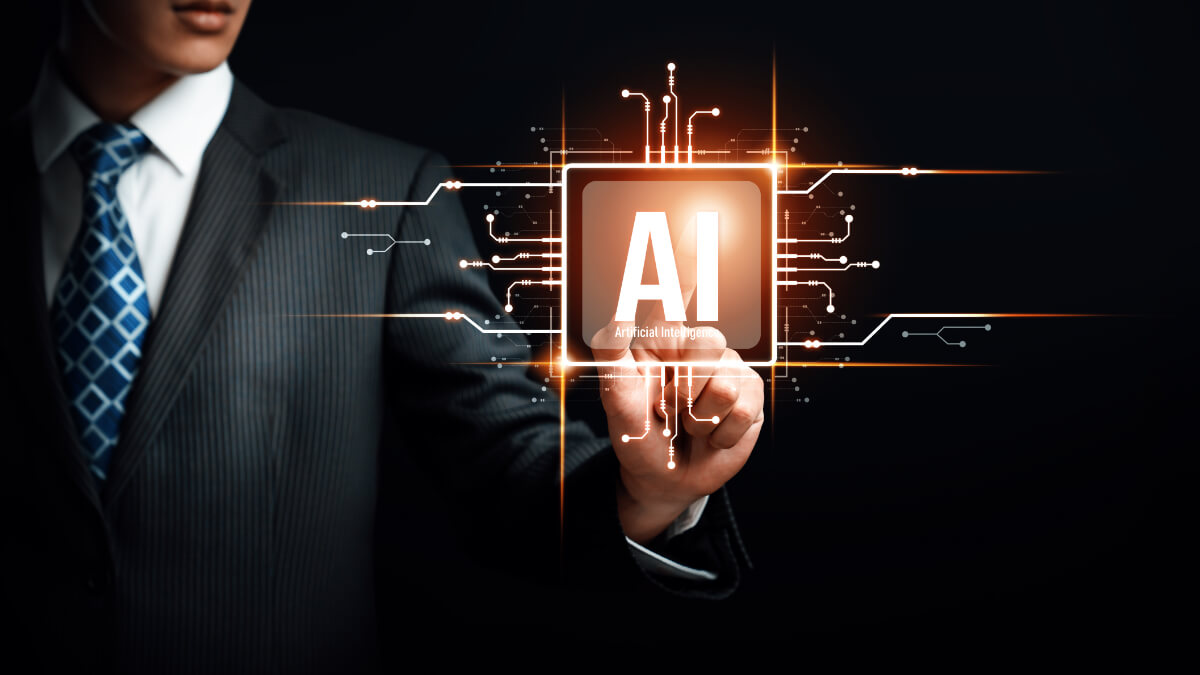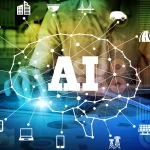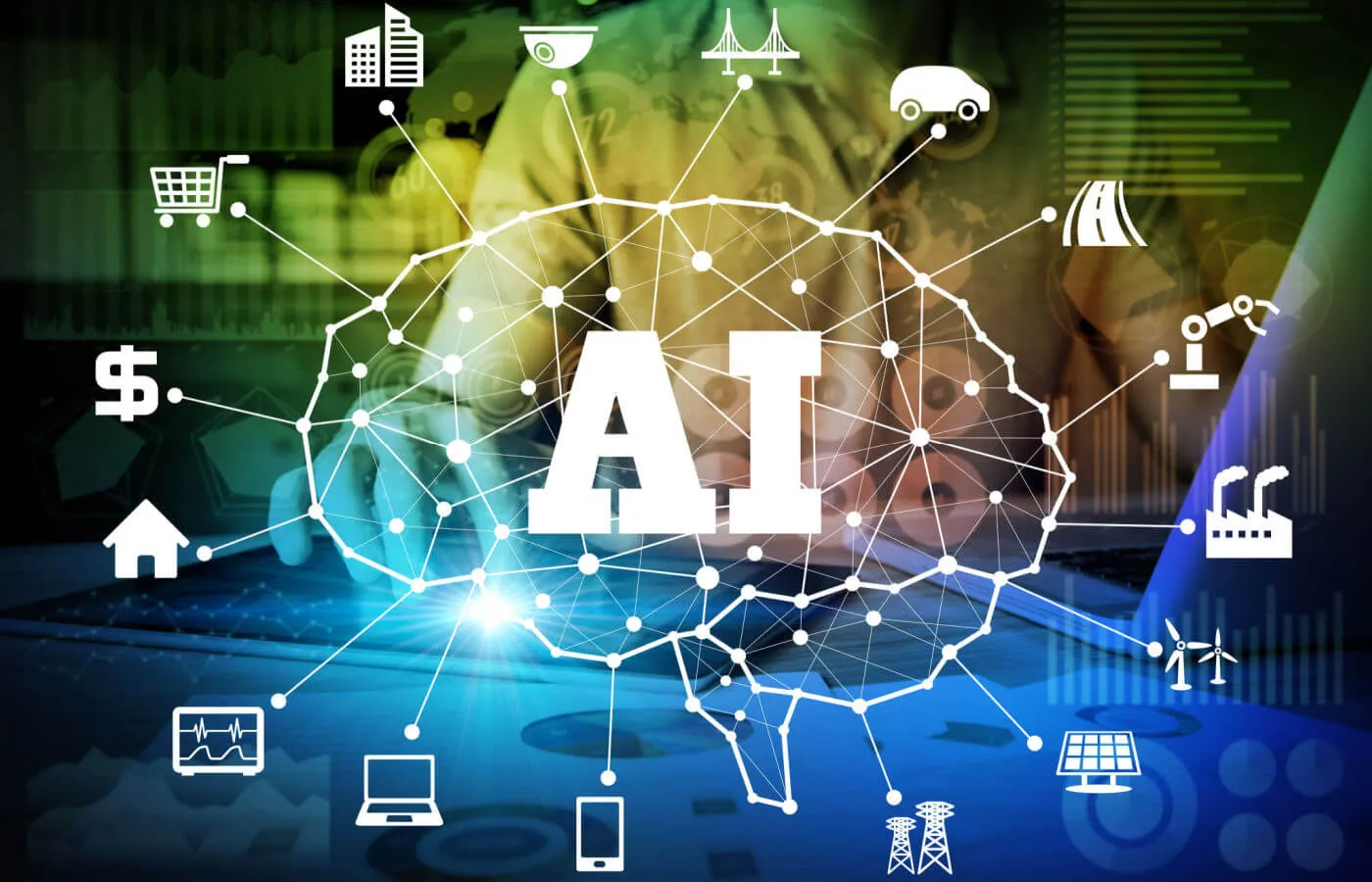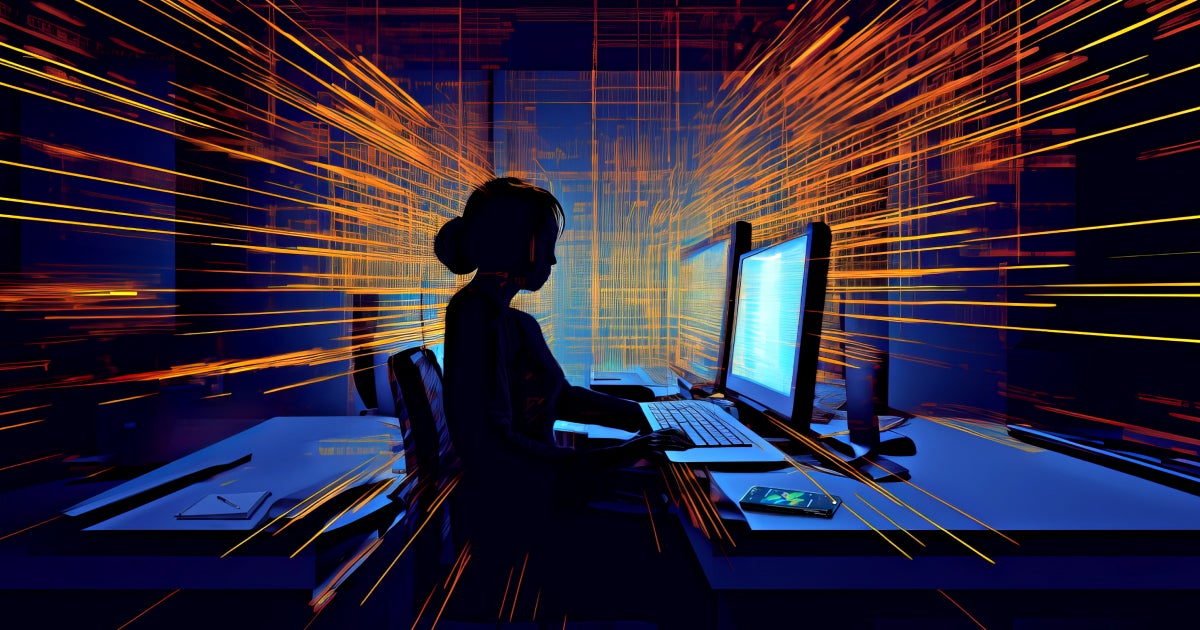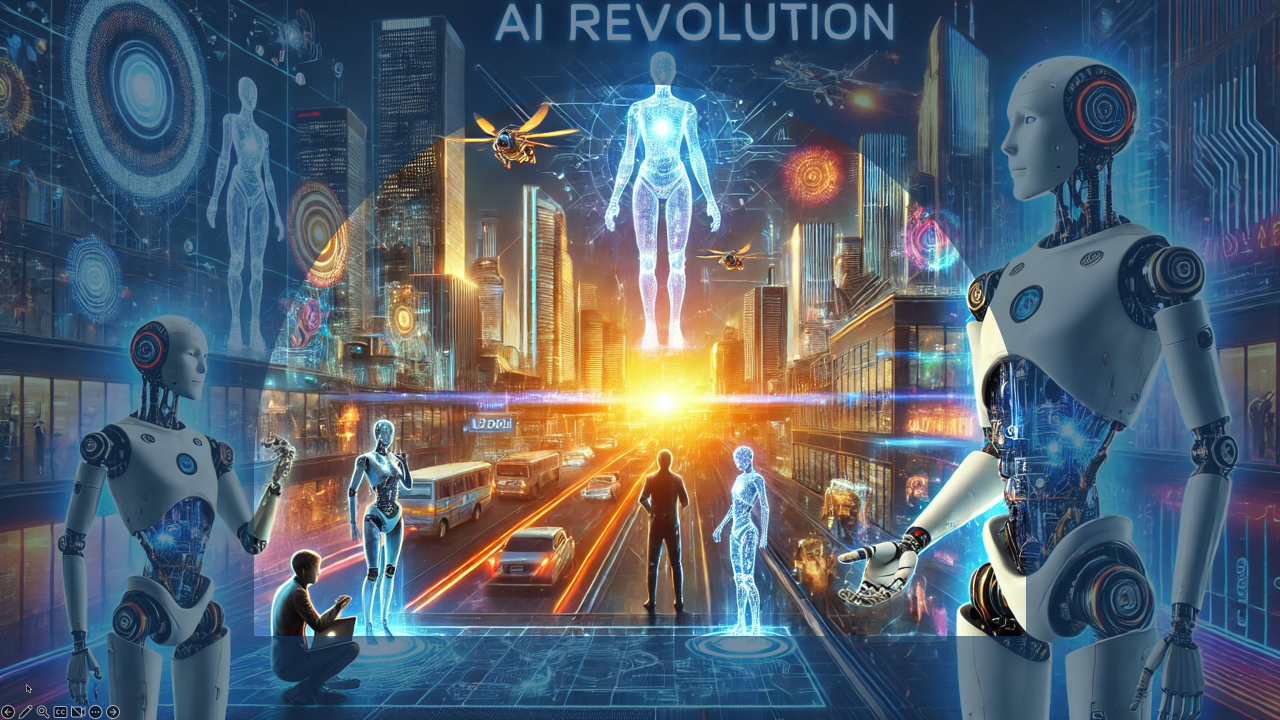Introduction
The 21st century has entered an era where artificial intelligence defines not only innovation but also influence. From political leaders to global icons, every aspect of modern culture now operates under the shadow of algorithms that decide what trends, what gains attention, and what shapes opinion. AI is no longer just a tool of progress—it has become a silent architect of global power.
Across industries, celebrities and politicians alike are navigating this digital transformation. The relationship between fame, technology, and governance has evolved into a shared ecosystem where information flows faster than regulation can adapt. This convergence has reshaped how societies understand leadership, credibility, and global connectivity.
AI as a Driver of Global Political Change
Artificial intelligence has become a powerful instrument in global politics, influencing decision-making, defense, and diplomacy. Nations now compete not only for territorial dominance but also for technological superiority, with AI at the center of their ambitions. This shift has intensified rivalries among leading economies while fostering new alliances built on digital cooperation.
From election analytics to predictive foreign policy modeling, governments use AI to anticipate challenges and shape global strategy. Yet, this technological race raises concerns about surveillance, data privacy, and ethical governance. The world’s growing dependence on intelligent systems has created both opportunity and vulnerability on a geopolitical scale.
The Role of Celebrities in Technological Diplomacy
Celebrities have emerged as unexpected ambassadors in international discussions surrounding technology and ethics. Their voices influence millions, often shaping public opinion faster than political statements. Figures like Elon Musk, with his outspoken stance on AI development, or Emma Watson, through her advocacy for sustainability, contribute meaningfully to global tech discourse.
This new wave of “digital diplomacy” highlights how fame and responsibility intersect. When a celebrity champions innovation or ethical reform, the message travels across borders instantly. Their influence transforms complex technological debates into mainstream cultural conversations that reach audiences policymakers cannot always access directly.
Technology Companies and Global Governance
Tech corporations have assumed roles that once belonged exclusively to states. Companies such as Google, Microsoft, and OpenAI now operate at a level of global influence comparable to world governments. Their decisions affect economies, communication, and even national security. With their immense power comes growing scrutiny from both political leaders and the public.
International debates surrounding data ownership, digital privacy, and corporate responsibility have intensified. These firms must navigate competing pressures from governments demanding regulation and users demanding freedom. In doing so, they have become central players in shaping the moral and operational framework of the digital age.
AI, Information Warfare, and Global Stability
Artificial intelligence has transformed the nature of modern conflict, blurring the lines between information warfare and physical aggression. Nations use algorithms to manage cyber defense, predict threats, and even influence global narratives. The manipulation of online information has become a new form of soft power, capable of swaying elections and destabilizing regimes.
This new digital battlefield demands global cooperation. Organizations like the United Nations are now discussing international AI protocols to prevent misuse. Yet, achieving consensus remains difficult, as every country seeks to secure its strategic advantage while avoiding global oversight. The balance between innovation and control defines the future of peace and security.
Celebrities and the Ethical Debate Around AI
As AI gains prominence, celebrities are increasingly engaging in ethical discussions about automation, privacy, and the social cost of technology. Their involvement humanizes complex issues and mobilizes public awareness. Artists, filmmakers, and activists are questioning whether AI should replicate human creativity or remain a supporting tool.
This debate also touches on identity and authenticity. The use of AI to generate music, art, or digital replicas of famous figures challenges notions of originality. Public figures advocate for transparency and moral boundaries, ensuring that technology serves creativity rather than replaces it. Their cultural leadership is helping guide societies toward responsible innovation.
The Cultural and Economic Impact of the AI Boom
Artificial intelligence is redefining economic systems across the globe. Automation is increasing productivity while reshaping job markets. In entertainment, AI tools are optimizing content creation and audience engagement. This intersection between economy and culture has created new opportunities for collaboration between celebrities, entrepreneurs, and governments.
However, the benefits of AI are not evenly distributed. Developing nations face barriers in accessing advanced technologies, widening the global economic gap. As the digital revolution accelerates, ensuring inclusivity has become one of the defining challenges of international development and cultural equity.
FAQs
How is AI influencing global politics?
AI shapes defense strategies, foreign policy, and diplomatic communication through predictive data and automation.
What role do celebrities play in the AI discussion?
Celebrities amplify awareness about technological ethics, using their platforms to promote responsible innovation.
Are tech corporations more powerful than governments today?
In some aspects, yes. Major technology firms influence global policy, economy, and security on a massive scale.
How does AI impact cultural identity?
AI challenges authenticity by blending creativity with computation, prompting debates about originality and ethics.
Can global cooperation regulate AI misuse?
Efforts are underway, but achieving international consensus remains difficult due to conflicting national interests.
Conclusion
The convergence of artificial intelligence, celebrity culture, and global politics defines the new frontier of human progress. Technology has become the language through which power, creativity, and diplomacy are expressed. The world stands at a threshold where innovation must be guided by wisdom to avoid deepening inequality and conflict.
The future will belong to societies that balance technological advancement with ethical responsibility. By embracing transparency and collaboration, humanity can harness AI not as a threat, but as a transformative ally in shaping a just, inclusive, and sustainable global order.

